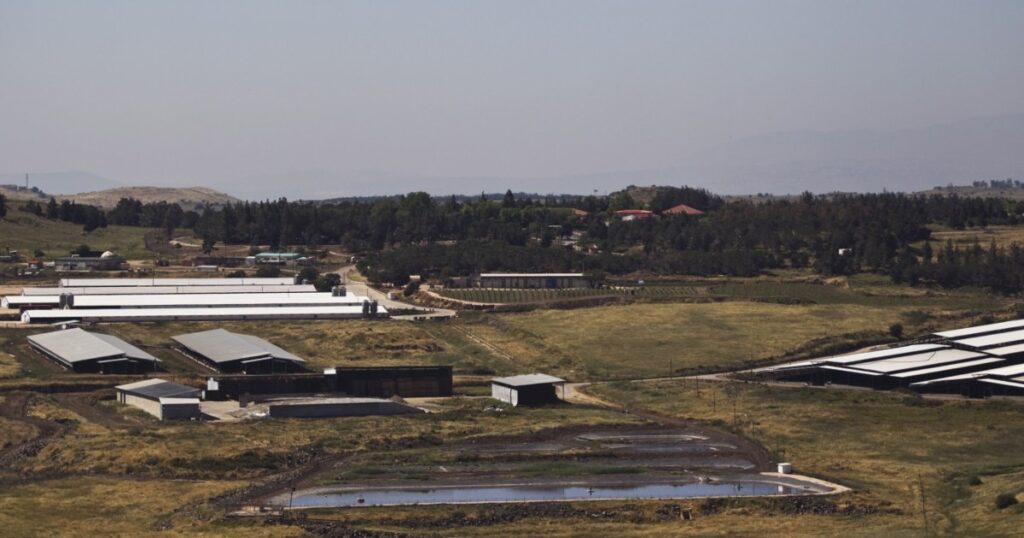The Jerusalem Post newspaper said that the Israeli agricultural sector has been devastated since Israel launched its devastating war on the Gaza Strip after the Al-Aqsa Flood operation on the seventh of last October. The newspaper added that the southern and northern regions, where several varieties and types of fruits and vegetables are grown, received the greatest blow. In its history.
According to the newspaper, the crisis led to severe financial difficulties for farmers, leading to shortages of basic products and high prices.
A worsening crisis
Dafna Urista of the Ministry of Agriculture described the situation to the Jerusalem Post, saying, “Since October 7, agriculture in Israel has faced the largest workforce crisis it has known since the establishment of the state.”
The crisis, according to Urista, stems from a number of factors:
- Calling many workers for reserve service.
- Other workers did not show up for work out of fear.
- Foreign workers requested to return to their countries of origin.
- The Israeli government banned the entry of workers from Palestinian Authority areas.
- Tens of thousands of residents were evacuated from their homes in the south and north.
Before the Israeli war on Gaza, about 30,000 foreign workers were working in agriculture, most of them from Thailand, according to the newspaper.
With the outbreak of war, about 10,000 workers returned to their homelands, and approximately 12,000 workers from the Palestinian Authority areas were unable to work, leading to a shortage of more than 20,000 workers in Israeli agriculture.
Severe impact on farmers
Joseph Gitler, founder and president of the National Food Bank of Israel, highlighted the extent of the war’s impact on agriculture, saying, “Thousands of farmers were affected. Farmers in the north suffered a complete loss.”
He continued, “There is a risk to their lives if they go and work in their fields… The production of fruits and vegetables decreased by 80% in the months that followed the war.”
A farmer named Shaked revealed to the newspaper the extent of the losses he suffered after the Israeli war on Gaza, saying, “The Palestinian resistance attack occurred immediately after a period of significant investment in his company. The tomato harvest was just before October 7th. Usually.” We invest a lot of money in this process, and after the harvest, we recover all of our financial resources that were in the greenhouses just before the attacks occurred.”
Farmers, like Shaked, feel abandoned by the government. “I feel it is very important for the region that the farmers continue to work,” he said. “It strengthens the country. But now I feel that we farmers are not only fighting Hamas, but we are also fighting the bureaucracy in Israel. I hope “We must win on two fronts.”
As the war continues, the newspaper expects that food security issues will worsen.
Gitler concluded, “The longer the war lasts, the more difficult food security issues will become. It is very important for the State of Israel that farmers continue to farm. We must have our own food security in case the world turns against us.”

